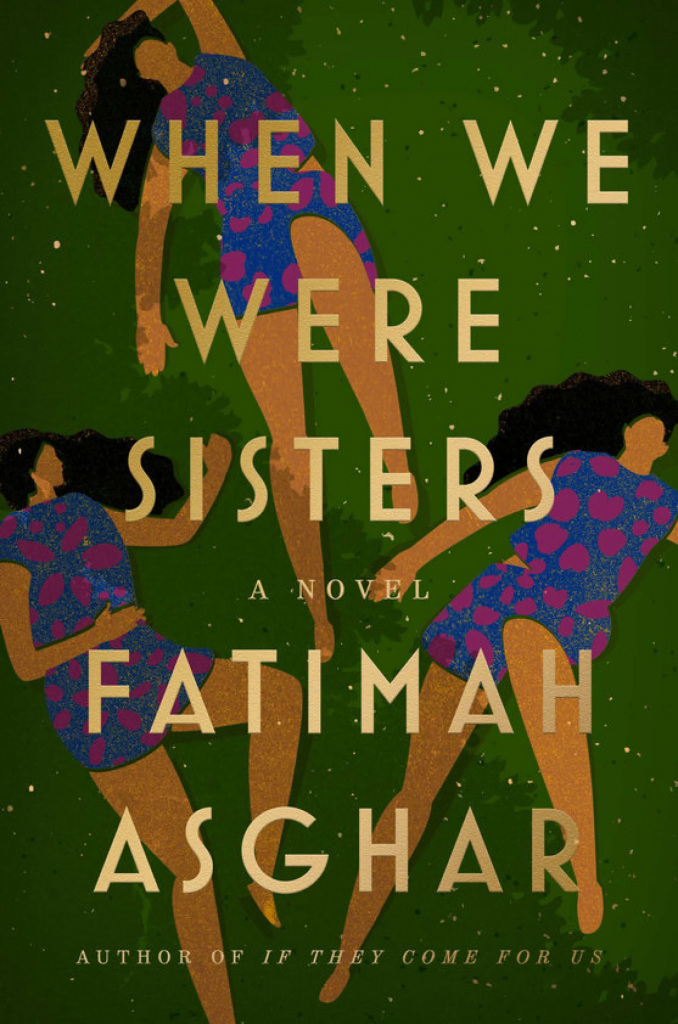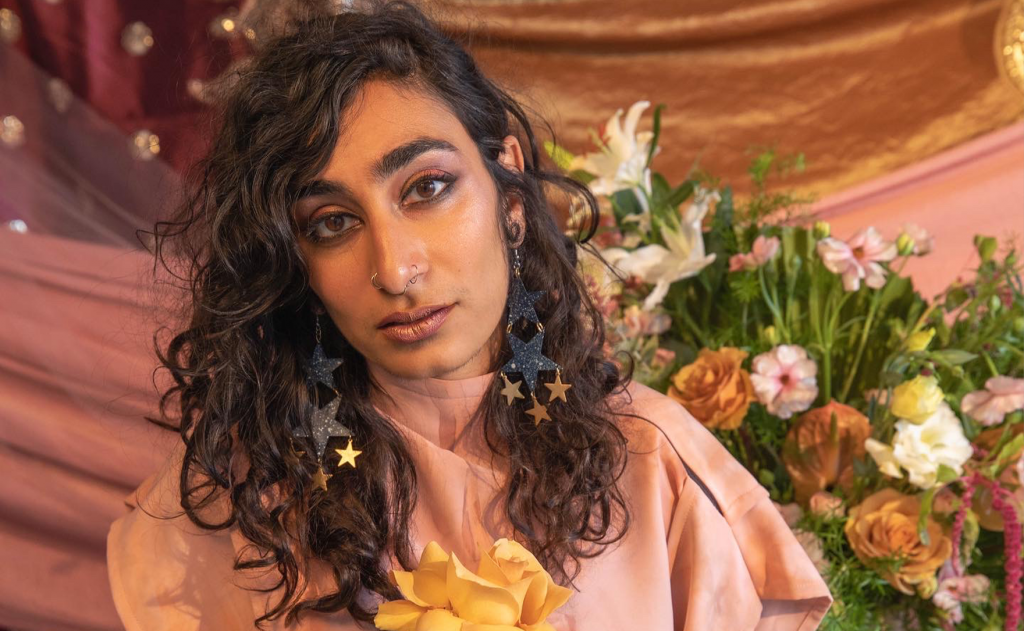When We Were Sisters: Review
Ana Sophia Garcia-Cubas Assemat // Blog Writer
I love it when poets write novels. Their attention to pace and lyricism within the sentence, their meticulous word choices, and their use of imagery imbibes their prose with an ethereal quality. I often find myself having to stop every couple of pages to let a particularly striking turn of phrase sink in, to give myself the space to bask in whatever emotion the author so expertly striked in me. These are some of the most evocative reading experiences I’ve had, and Fatimah Asghar’s amazing skill as a poet had me melting in their prose.

When We Were Sisters envelops you in the mind of young Kausar after she and her sisters are orphaned at a young age. Asghar stretches the boundaries of what a novel can be, and often breaks them. The book’s layout makes it so that in most pages the text does not reach the bottom of the page. The story is told in snippets, miniscule memories of a child’s perception of a loss too big for her body. The book is strewn throughout with sections of poetry, lyricising the character’s experiences.
These divergences from standard formatting aren’t there just for the sake of aesthetics; in a way, they aggrandize the sisters’ tragedies to a mythical level. In brief sections interspersed throughout the book, the deceased parents recount the story of how they built a family in brief poems. Although the content of their narration is clearly their own, the delivery and poetry speaks to a child’s perspective of their parents as giants, as protagonists of a beautifully tragic love story that the children have been orphaned out of. The parents rise above the material world, with a lyricism that is grand and reminiscent of legend.
Loss is made physical in the text, through gaps signifying words that cannot be said and people that aren’t there. The sisters’ dad becomes “[ ]”; their uncle, a series of blackouts. Although it goes uncensored, even the narrator’s name, Kausar, is not revealed to the reader until we’re well into the book. We become surrounded by Aishas and Noreens and Aunties and Meemos because that is what Kausar’s world has been reduced to. In the absence of her parents, Kausar’s entire world is now just the scraps of family she is desperately trying to keep together.
In losing her parents, Kausar becomes untethered from everything except her sisters. Being all each other has in the world, the sisters become mothers, become Gods. The book explores these gaps, the holes that people leave behind when they depart, and the ways in which one twists oneself to fill these holes for others. A Sister becomes a Mother becomes a God becomes a Stranger becomes a Sister again. The sisters’ codependence becomes what alienates them from each other as they enter adulthood.
Seeing these themes explored through a child’s perspective is agonizing, but seeing the child grow up into an adult is even more so. In a way, Kausar’s childhood doesn’t end: she is still stuck in the feelings of anger, abandonment, and loss that she was burdened with as a child. We see this burden the most through the way she connects—or doesn’t—with the people around her.

Although Asghar’s brief and snippet-y choice of formatting lends itself so well to the young mind of Kausar as a child, this same style makes it difficult to narrate her adult life. While the message is clear—that in her mind she is still a child, still stuck in this hole dug into her life at a young age—what the reader is left with is a rushed, brief ending. Kausar’s adulthood is full of holes, seemingly an outline to the end of a book more than the actual end of a book. The ending reunion does not strike the reader the same way her childhood plights did: to her, it has been seven years since she last saw the sisters she worshiped, while to the reader, it has been less than fifty pages since we last saw her sisters.
When We Were Sisters expertly handles themes of loss, grief, family, and what it means to grow up in a country where your culture, beliefs, and looks are othered and diminished. Fatimah Asghar dives into numerous inquiries about our relationships to one another: What is a family? What do we owe one another? Where do I end, and where do you begin?
